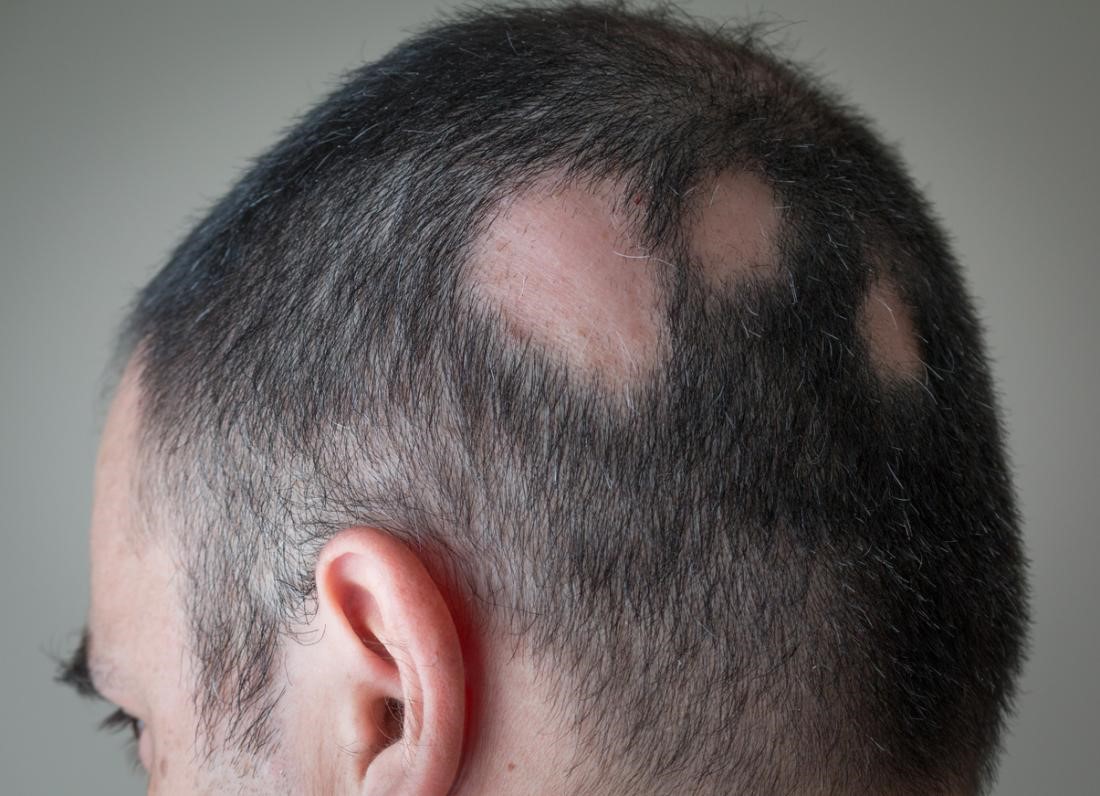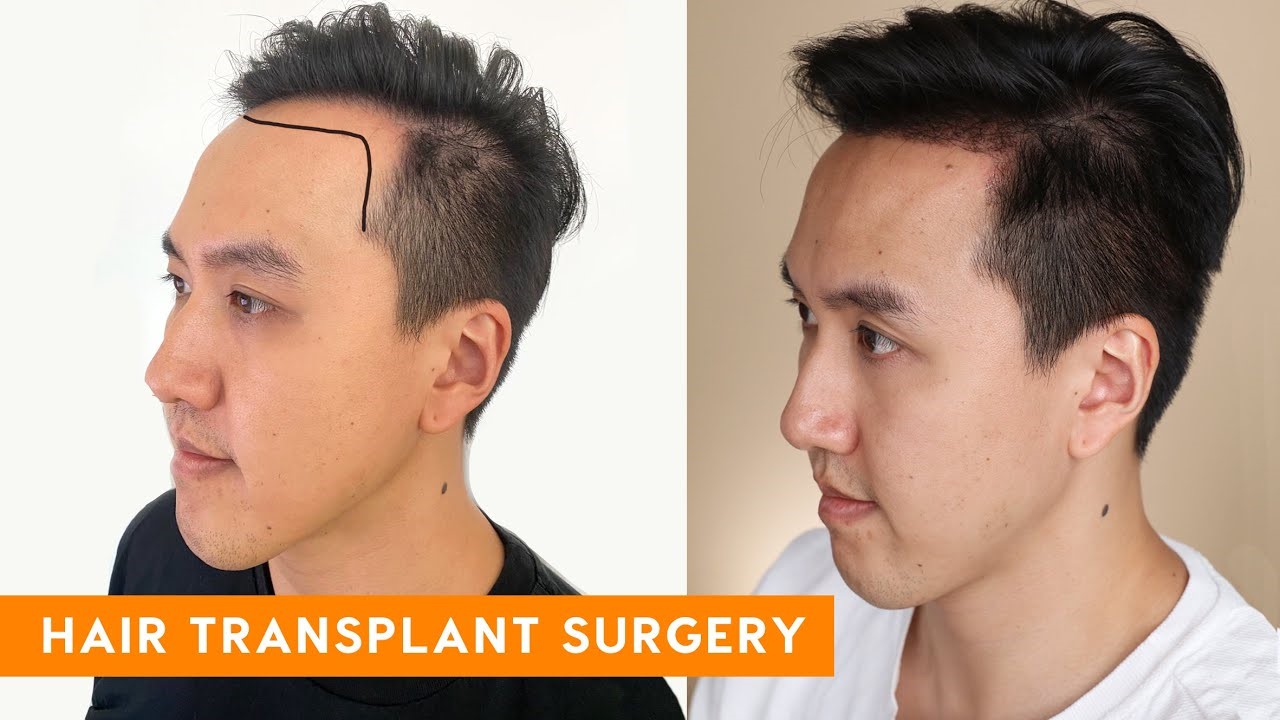
Hair loss is one of the most difficult things that a person can deal with. Even if it does not have any real damage to their health, from the physiological perspective, it certainly takes a big toll on one’s mental health, especially for women. There are different causes of hair loss, and the most common one is alopecia, which also has different variants, but alopecia areata is the one we are going to discuss.
Alopecia areata is an autoimmune disease where the patient’s own cells attack their hair follicles, which results in hair loss. It is known to affect both men and women, and it also affects all ethnic and racial groups too. The tricky thing about this disease is that it can appear at any age. So, if someone is very unlucky, they will get it in their teens, while some can get it when they are in their sixties.
There are different ways that the disease can develop. In some cases, it can only affect certain hairy areas of the body, which leaves empty patches. However, as the disease progresses, eventually, all hair is lost. Patients with this disease are usually healthy and have no other symptoms, but alopecia does cause a lot of mental stress, especially for women.

Alopecia can manifest itself as partial or complete loss of hair
While a lot of patients who suffer from alopecia have no family history of the disease, studies have shown that those who do are more prone to getting the disease. What causes the disease is, unfortunately, still not known. Some research assumes that emotional stress can bring alopecia areata to people who are already at risk of getting it, but this is yet to be scientifically proven fully.
Considering that there is no cure for this disease, the best solution to the problem is to get a hair transplant in Sydney, as it can restore the hairline that was once lost. Of course, for this to be a success, the patient needs to find a donor whose hair will be accepted because transferring your own hair to the area that lost its hair, such as the scalp, poses the risk of losing that hair in the future as well.
There are different techniques of hair transplantation that can be used, and all of them are effective ways to combat alopecia areata. However, one thing that you should know if you are going to get hair transplantation is that even if the cost of this treatment is quite affordable today, it will require you to follow strict rules for a week or two, or even a month in order to grow the transplanted hair.

Hair transplantation can help with hair loss
If you are still in the early stages of alopecia, the most important thing to do is to learn how to cope with your condition. Going to group sessions and getting the support you need to go through alopecia, and the emotional destruction it may bring is essential to your mental health.
If you have lost a lot of hair, you should consider using sunscreen when going outside, as you no longer have that protective layer. The same could be said about wearing sunglasses if you lose your eyebrows, as sweat and dust can get into your eyes easier than before.
Of course, most importantly, you should wear wigs, hats, hairpieces, or scarves to protect your scalp from the sun. Once your hair is gone, the sun is an even bigger enemy, as it is known to cause a lot of skin changes that can lead to cancer.
Of course, you should also consult with a professional and see if there is anything that can be done to slow down the process. One such way that is showing a lot of success recently is alopecia areata injections, which stimulate hair growth.
This is essentially injecting corticosteroids into the scalp, but the latest methods are not necessarily that type of medication. Scientists are working every day to find new and efficient ways to combat this disease.
Patients who have alopecia areata also have a higher risk of certain diseases, such as atopic dermatitis, as well as other autoimmune diseases. If you suspect to have alopecia, it is important to consult with your doctor about all possible conditions that may strike you in the future.
Final word
While there is still no cure for this condition, we can hope that one is found in the near future. Thousands of women and men are affected by alopecia every day, and while the condition is horrible to deal with for the patients, as a society, the least everyone can do is accept the person and not make them uncomfortable due to their appearance.